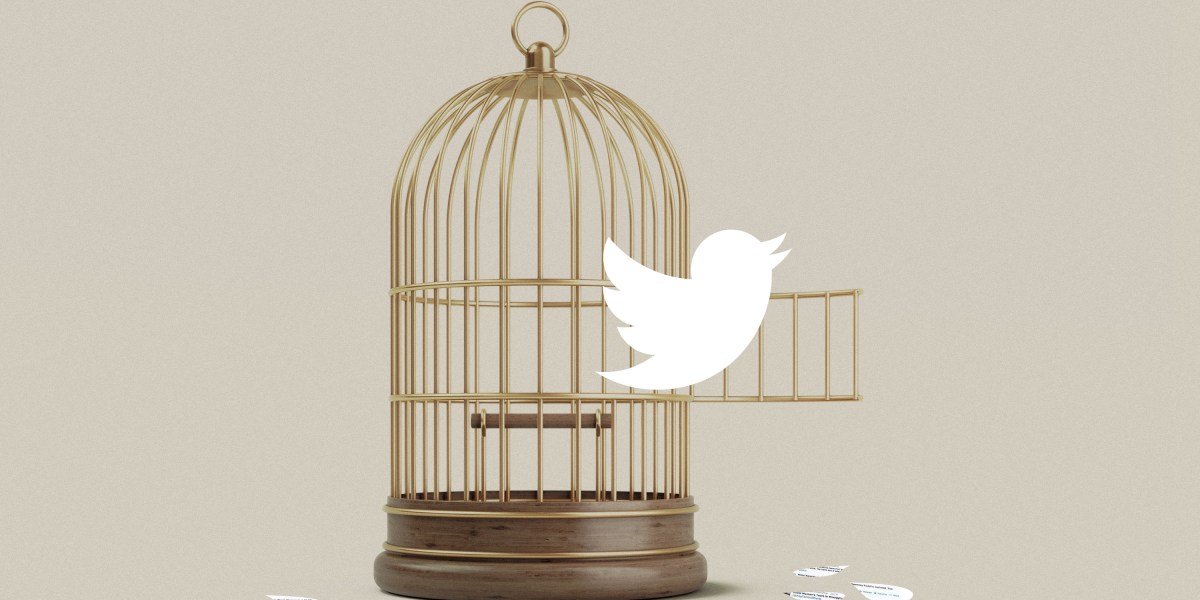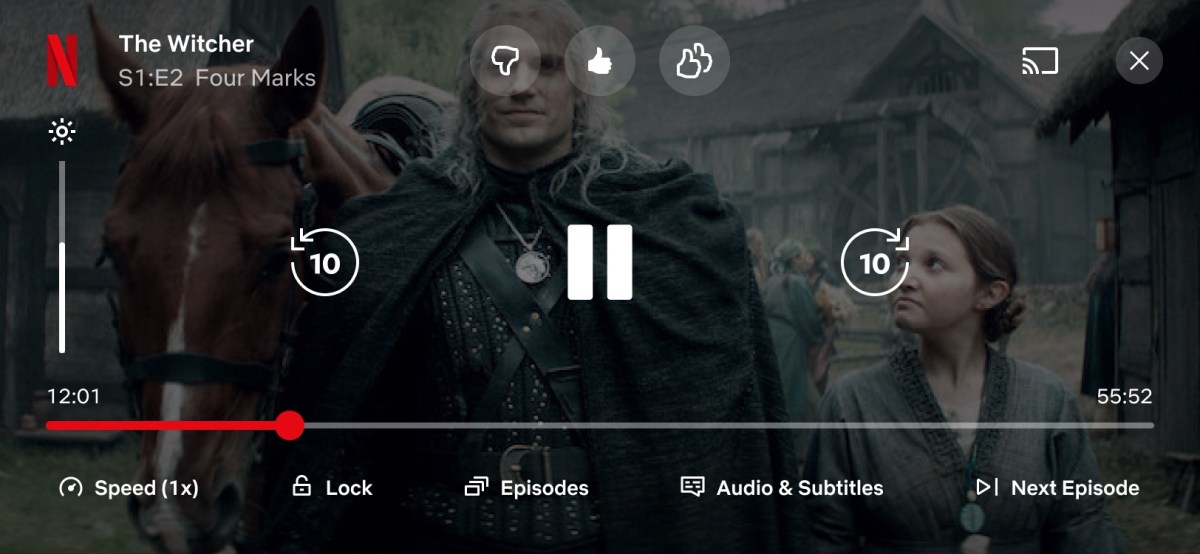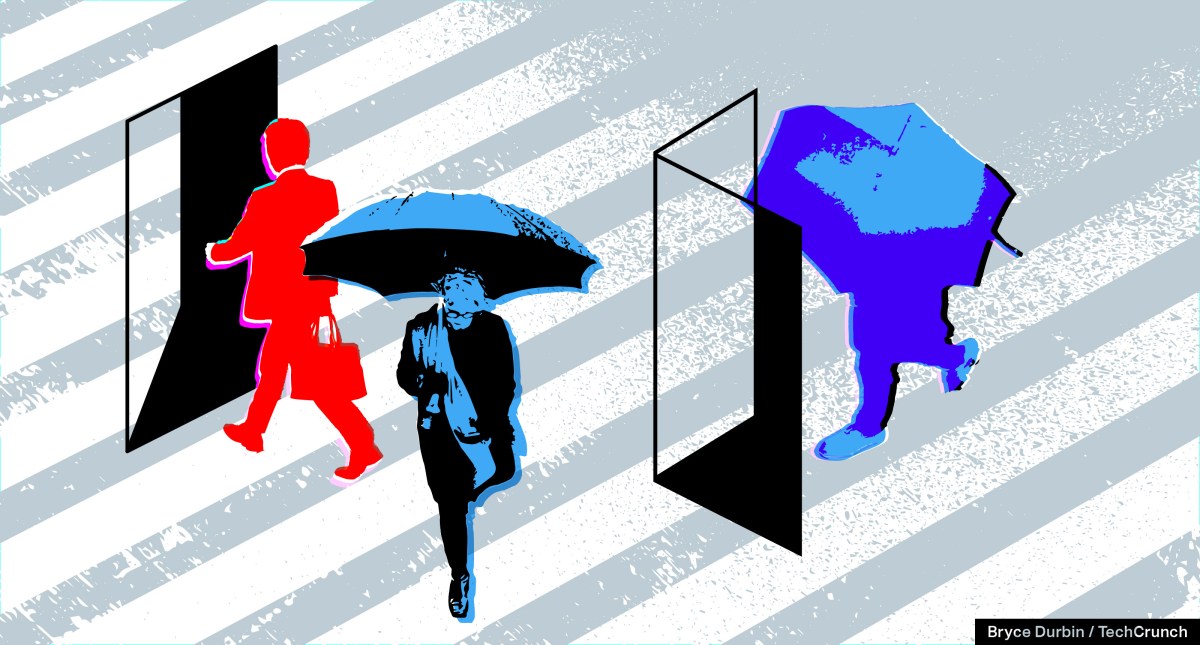I made it big on Twitter. Now I don’t think I can stay.
For a long time, it was worth it to stay on Twitter because Twitter had the power to change your life. I broke big on Twitter more than 10 years ago with a hashtag, #solidarityisforwhitewomen, and Twitter was great for my career. It gave me access to a global audience and allowed me unprecedented access to editors who helped shape my transition from being loud online to being a published author with a book on the NYT bestseller list.
But for the last few years, my use of Twitter has drastically declined. I used to tweet 500 times a day. Then it was 500 times a week. Now? I post fewer than 500 tweets a month. Twitter has gone from the place where I socialized regularly to a place where I stay from habit more than interest or need. I spend more time on TikTok, on Instagram, and in private groups than I do on Twitter. I could tell you it is because of harassment or lack of time, and some of that is true. But the reality is that I simply don’t need to be on Twitter to be heard anymore.
If Twitter closed tomorrow, that would be jarring and upsetting for a while, but then I’d move on to another platform. Or simply stay where I already am comfortable, with my toe in social media but not as much of my life taking place there.
I imagine other people are feeling the same way today. After months of negotiations, allegations, and accusations, Elon Musk has officially purchased Twitter, and the questions we’ve all been asking are that much more urgent: Will Twitter still be free to use? Will policy changes make it an untenable environment for leftists or liberals? Will it become a bastion of safety for the far right, or will it sink like so many other right-wing platforms? Will Twitter be an endless parade of Tesla ads? Obviously, there are some questions only time will answer. But for those who used Twitter to build a career, to sustain their careers, or simply to connect, the real question is: Where do we go from here?
Sure, just staying on Twitter is theoretically an option, but frankly, so is moving on to the next big platform. In terms of social media, Twitter is already aging out of relevance; a lot of online creators are focusing largely on TikTok or Instagram. Much like Facebook, Twitter stopped being cool as soon as its primary user base got old enough to spend more time talking 401(k)s and mortgage rates than pop culture. Sure, some of us hung in there to live-tweet Scandal, dissect Game of Thrones, and talk politics. But for many of us that is our job, not just our leisure activity. And it came with a cost, whether that was being dogpiled by trolls or simply feeling drained by the drama of the day. And of course, some people lost careers or relationships because of things they said online. Others were harassed off social media entirely.
There’s always a risk to being a semi-public figure—after all, while the attention can be great, it can also be destructive. Being online is in many ways gambling with your future, because you never who or what you’re going to encounter.
Granted, my view of Twitter’s trajectory is shaped by my long history online. I came to Twitter from LiveJournal, a blogging platform that officially died after it was bought by a Russian company, SUP Media. But it was dying in America long before SUP stepped into the frame. Users were already on one of the LiveJournal clones—Twitter, Tumblr, etc. And we had no idea that Twitter would win out as the lead place to transition to, so we opened accounts in several places. For the last two years at least, people have been creating accounts on Mastodon, Pillowfort, and a host of others. Because, fundamentally, platforms are about the people, not the owners. And Twitter’s leadership was unpopular long before Musk was offering to purchase the platform. Users who had relied on Twitter for crowdfunding, organizing protests, raising awareness of social issues, and more were struggling with the way the company seemed determined to create features that made advertising easier but connecting harder. It’s impossible not to wonder if what we’re seeing now isn’t just the next turn of the larger wheel of internet culture. As technology shifts, can any platform be the only one that matters, or will we always move on to greener pastures when our needs change?
Twitter held sway for so long it’s scary to contemplate the actual end of the line for this form of microblogging. But already, more than 50% of Twitter’s heaviest users don’t really use it anymore. It’s for a variety of reasons, but that’s always the case when a platform starts to collapse. Going viral in the way that I did with hashtags in 2011 may not happen again on another platform, though all signs point to virality being a permanent aspect of online life. When influencing became a career goal and not just a fluke, the writing was on the wall for every platform that seems too big to fail. Where the celebs and cultural influencers go, so will everyone else. This is perhaps my most Chronically Online Hot Take, but Musk seems to have bought a millstone, not a cultural touchstone.
Twitter’s importance five years ago cannot be overstated, but now, as we look at the possibility of a future without Twitter, will anything really change for the average person who uses the internet but doesn’t live on it? Social media users who lose touch on Twitter will find each other again on different sites. I have friends I first met in AOL chatrooms in the ’90s! They have found me on other platforms for the very simple reason that I have a distinctive username. For those who are making their big break on TikTok or YouTube, their audience will have an even easier time following them. But not all content creators like microcelebrity. Many will get what they need from social media and then gradually sunset their online career.
For many users, social media is a tool to use to get what you want, but it isn’t a place to live your life. In many ways Twitter’s outsize popularity hinged on our ignorance of the potential impact, but now that we know what it costs? I’m not sure we’ll miss it enough to keep paying that price. Perhaps Musk will make money on the deal, but even he seems to suspect that Twitter is dying. And while he may think he can resurrect it, no one likes a zombie.
Mikki Kendall is a writer, an occasional feminist, and the author of Hood Feminism.




